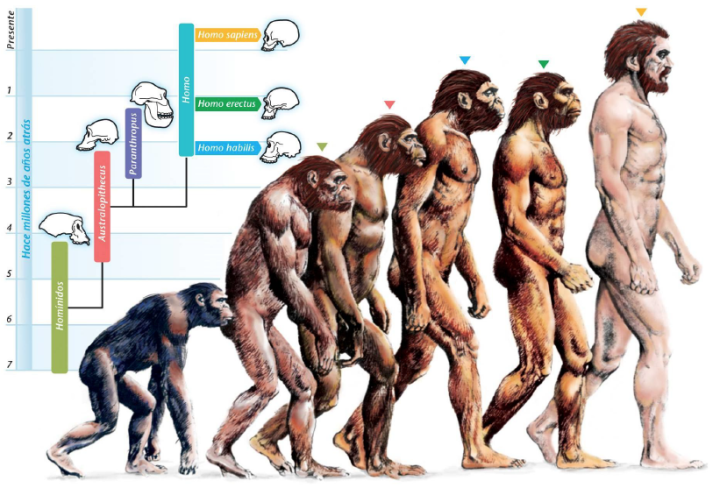Evolutionary approach to business
Last week our last year eMBA students (FUEL10) took a dive into waters less-often visited by business students. Adjunct Professor Markus Rantala (PhD) from the Department of Biology at the University of Turku lead the group to take a look at economics and marketing through theories provided by evolutionary psychology.
The roots of evolutionary psychology are in cognitive psychology and evolutionary biology and it attempts to explain useful mental and psychological traits as the functional products of natural selection. Our students found the new perspective very interesting and refreshing.
 As Rantala revealed, evolutionary approach can be also be used in business. For example when studying consumer behaviour, an evolutionary approach looks for the adaptive (ultimative) function of behaviour. To take this into practice, we could have a look at the reasoning of a man when buying an expensive sports car. When saying he bought it because it makes him feel good, we are looking at a proximative reason, but evolutionary approach would want the ultimative reason: to enhance his reproductive opportunities.
As Rantala revealed, evolutionary approach can be also be used in business. For example when studying consumer behaviour, an evolutionary approach looks for the adaptive (ultimative) function of behaviour. To take this into practice, we could have a look at the reasoning of a man when buying an expensive sports car. When saying he bought it because it makes him feel good, we are looking at a proximative reason, but evolutionary approach would want the ultimative reason: to enhance his reproductive opportunities.
One of the most important questions for marketers is why people prefer one product over another. Understanding the ultimate motives can be a valuable asset, as consumers tend to have a very large number of proximate needs, which are typically specific to a particular product and thus are not usable for wider application. An evolutionary perspective of consumer motivation can add value to nearly every aspect of marketing strategy.
Marketing should be less about convincing consumers to take desired action and more about presenting the desired action as a natural solution to an already-active need.
In Rantala’s session practical examples were given about the benefits of evolutionary approach to branding and also how a specific context – or a situation – has a temporary affect on evolutionary motives. This certainly left everyone some food for thought. Would be interesting to see what practical applications our soon-to-be-gratuated eMBAs can make of these theories.
If you feel like learning more about the topic, you could start by looking at TED talks from a few years back: Frans de Waal: Moral behavior in animals




